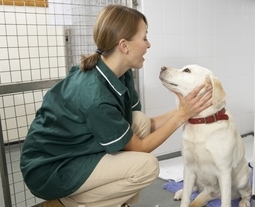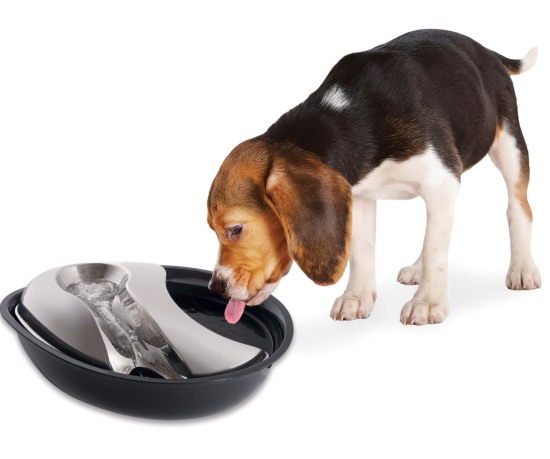 Having a sick dog around is not one of the most enjoyable experiences in the world. The anxiety of wanting to know what is wrong with your dog can cause some major stress.
Having a sick dog around is not one of the most enjoyable experiences in the world. The anxiety of wanting to know what is wrong with your dog can cause some major stress.
Even after knowing what is wrong with your dog you can still have anxiety if you do not know how to handle your patient.
What I will be talking about today is canine liver cancer. The first question is what is it?
Canine liver cancer is very hard to diagnose as the symptoms resemble those of other disorders. One of the symptoms is a swollen and distended stomach usually caused by a disturbance in the circulation of the blood.
Since the liver is responsible of getting rid of toxins in the body, checking your dog’s stools is recommended. If the stools appear to be light in color and seem to be greenish in color then that could mean that bile is not being used properly by their body.
There are different types of canine liver cancers. There is the primary form of liver cancer called hepatocellular carcinoma which does not usually spread to other areas.
It is less common than metastatic canine liver cancer. It is most common in older dogs and male dogs are also at an increased risk.
Metastatic liver cancer is one that has spread to the liver from other parts of the body. Another symptom of cancer in your dog is that the pigment of the urine may have an orange tinge to it and urination may be more frequent.
This means that there is an imbalance in serum salts that the liver produces. Another symptom can be incessant head pressing by the dog.
Although canine liver cancer is a serious disease it can be treated. If it is not eradicated completely though you can still make your dog comfortable. If you are not into conventional methods of treatment then why not try herbal methods which help to strengthen the immune system.
Surgical removal of the tumor is also possible but it is only possible in the case of primary cancer. If your dog has metastatic cancer then it is virtually impossible to operate as the tumors will be now severely involved in the liver.
If in surgery the cancerous cells can be completely taken out then your dog could live for about a year after that so there is hope. Some have even been known to live for three so don’t whip out the hankie yet.
Your dog needs a lot of love and care at this time so make sure you are available. It has been with you for years now through thick and thin. The least you can do is to be there too.













